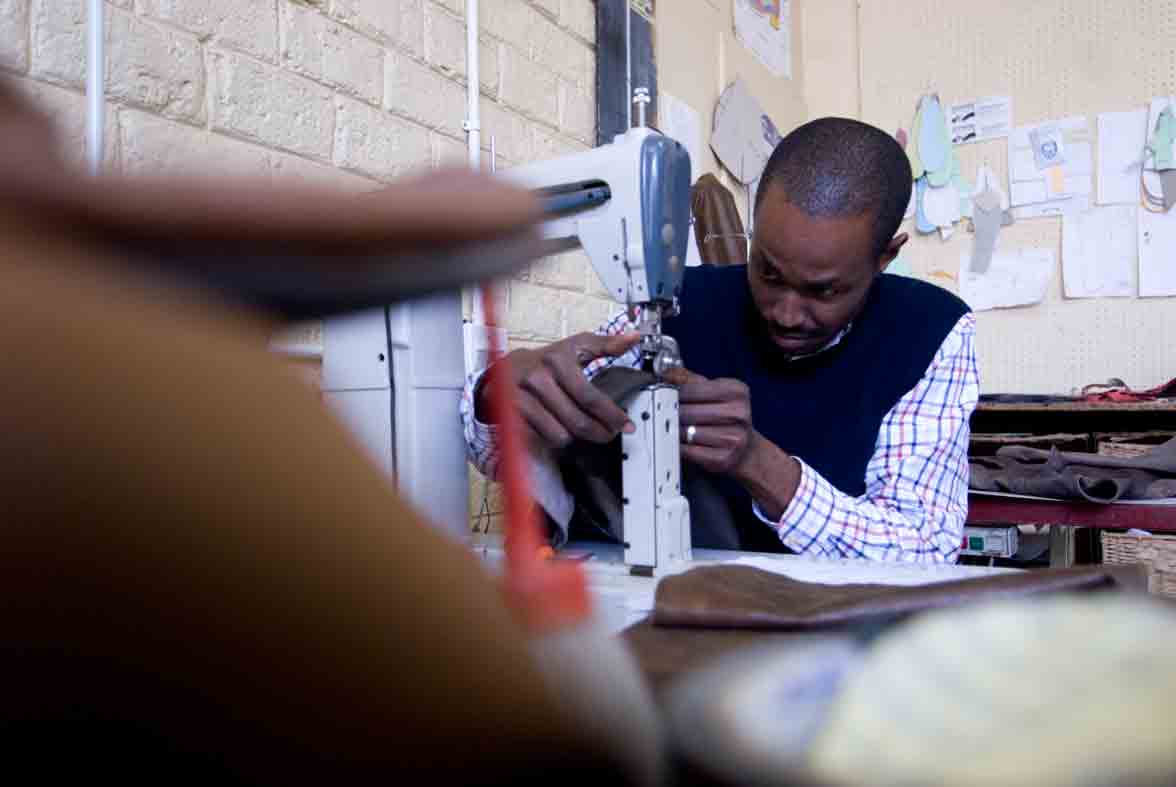- CEDA called to up its game to assist those struggling to access bank loans
- Banks called to cut the rigid collateral requirements to finance SMEs
- Manufacturing sector firms more likely to access credit than those in the retail sector
TEFO PHEAGE
A study by the Botswana Institute for Development Policy Analysis (BIDPA) has found that start-up small medium enterprises are struggling to access credit as opposed to their more established counterparts.
The newly released report by BIDPA ‘s Associate Researcher Goitseone Khanie further said that the experience of the entrepreneur matters with regards to access to credit. “This is expected because the owner’s proven managerial experience is likely to lure financial institutions’ trust as well as guarantee lower probability of defaulting on the part of the SME,” the paper concluded.
The paper further called on development finance institutions such as CEDA to up their game to fill in the gaps. “This therefore calls for intensification of efforts by the development finance institutions such as CEDA to increase credit for start-ups who may have difficulties in accessing commercial bank credit. Public policy must also emphasize capacity development of smaller firms so as to enable them to qualify for bank loans,” the report reads.
The BIDPA paper concluded that in Botswana, access to credit is influenced by gender, citizenship and experience of the manager, as well as firm-size, sector of business, sales and land ownership, further adding that, “female entrepreneurs are less likely to access credit than their male counterparts.”
According to the report, there is need for amplified targeting of female entrepreneurs in credit programmes. “Further it is important to determine factors that impede women from accessing credit and to raise awareness on those issues so as to harness opportunities for increased financial inclusion of women,” reads the report.
The paper also reveals that firms in the manufacturing sector are more likely to access credit than those in the retail sector, “Given that the growth of the manufacturing sector is of paramount importance to the economy of Botswana, it is therefore critical for public policy to ensure that it targets SMEs in the manufacturing sector when designing credit programmes.”
On financing SMEs in Botswana, the report said factors influencing access to credit when measured against part ownership of the land are enhanced when operating in a fully owned piece of land.
“However, given that only 30% of the SMEs fully own the land in which they operate, the government must review land allocation policies so as to avail more land to small and medium enterprises. The results also underline the need for banks to cut the rigid collateral requirements and develop products suitable for SMEs,” reads the paper.

